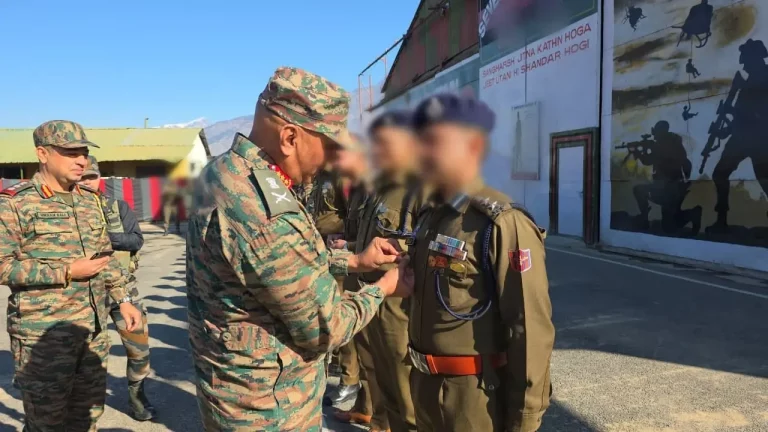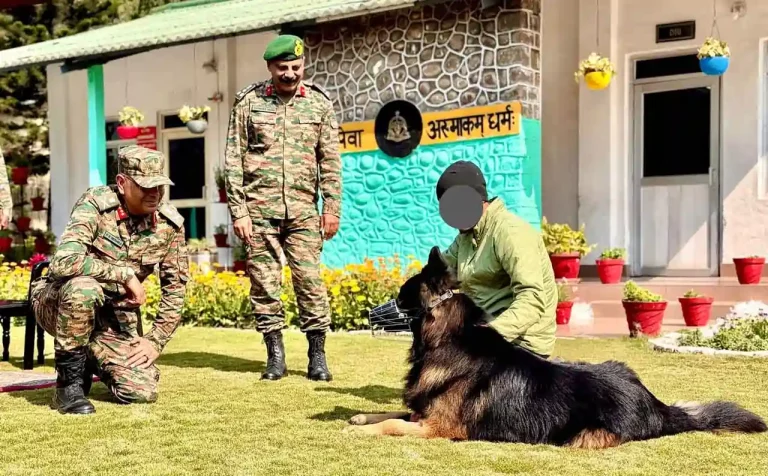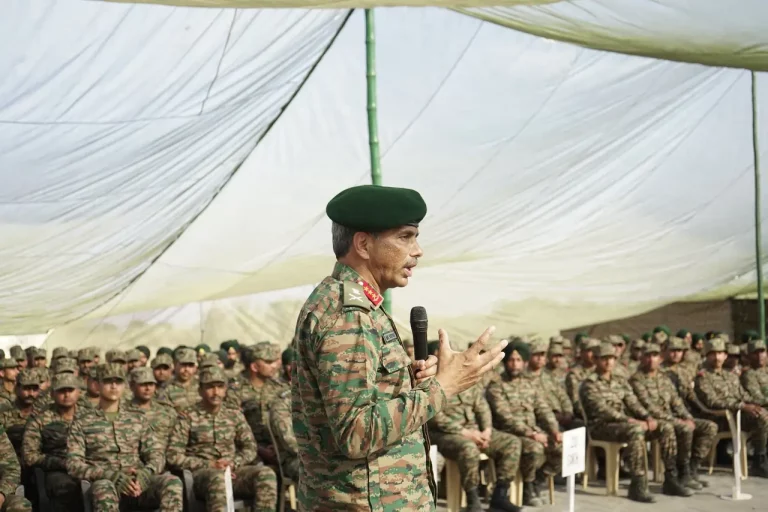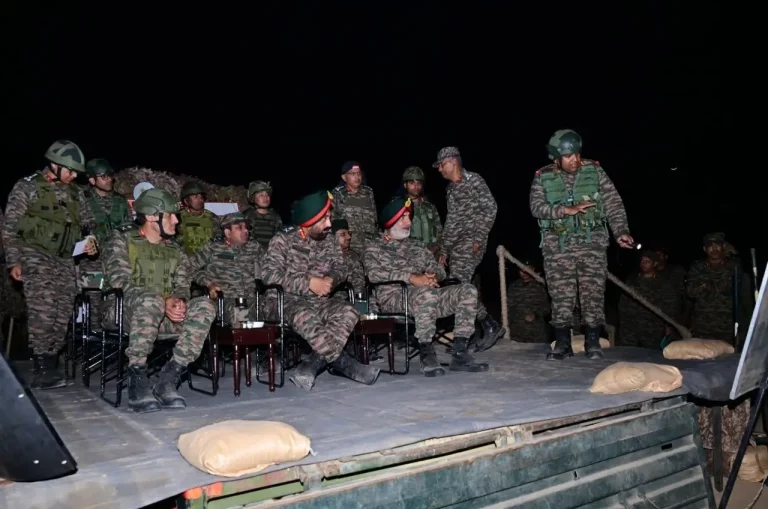Chief of Defence Staff General Anil Chauhan has confirmed that Operation Sindoor, India’s decisive military action in response to the Pahalgam terror attack on April 22, is still in effect. During a recent defence seminar in Delhi, Gen Chauhan emphasized the necessity for India’s armed forces to sustain high levels of readiness at all times—“24×7, 365 days”—citing the rapidly changing landscape of modern warfare.
Describing the emerging form of conflict, the CDS referred to it as “convergence warfare,” which integrates both kinetic and non-kinetic strategies. This new approach marries traditional combat techniques with cutting-edge technological advancements, reflecting a shift that is vital for the armed forces.
Gen Chauhan stressed the dual importance of mastering both shastra (weapons) and shaastra (knowledge), asserting that today’s soldiers must adeptly navigate through various levels of warfare—tactical, operational, and strategic. “There is an unprecedented pace of change driven by relentless technology,” he continued, noting key advances in areas like cyber warfare, artificial intelligence, and real-time intelligence that are shaping modern military engagements.
Operation Sindoor was initiated on May 7, following a devastating attack in Pahalgam that resulted in the deaths of 26 civilians. Official statements released in Parliament indicated that the operation focused on disrupting terrorist infrastructure in Pakistan and Pakistan-occupied Kashmir. Consequently, nine significant terror camps associated with groups such as Jaish-e-Mohammad, Hizbul Mujahideen, and Lashkar-e-Taiba were reportedly destroyed, with more than 100 terrorists neutralized in the precise strikes.
The Ministry of External Affairs clarified that the initiative was not a response to external pressures but rather a “focused, measured, and non-escalatory” approach to combat Pakistan-sponsored terrorism. Minister of State for External Affairs Kirti Vardhan Singh informed the Rajya Sabha about Pakistan’s attempts at targeting Indian civilian and military locations, asserting that India’s forceful response caused considerable loss to Pakistani assets.
Following four days of intense conflict, a ceasefire was requested by Pakistan’s Director General of Military Operations on May 10, which was accepted later that day. Nevertheless, due to ongoing security concerns at the border, Operation Sindoor continues as India fortifies its defense strategies and upgrades military capabilities.
Emerging satellite imagery alongside reports from defense sources suggests that India may have also targeted key military installations in Pakistan, including the strategic Kirana Hills, which are rumored to be associated with Pakistan’s clandestine missile and nuclear programs.
As tensions persist in the region, Gen Chauhan’s statements reflect a strategic transformation within the Indian military toward integrated, technology-enhanced operations, ensuring that the armed forces remain poised to address both conventional threats and asymmetric warfare challenges.







